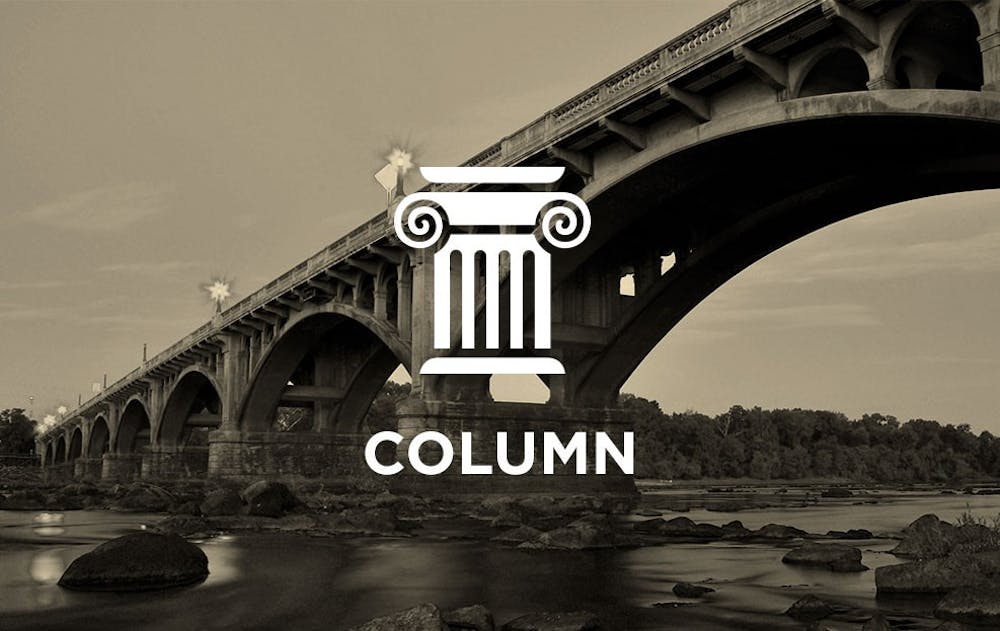While I’ve been on summer vacation, I have spent a lot of time reading books.
For my entire life, I exclusively read fiction novels for pleasure. But after hearing the story of Lin-Manuel Miranda becoming inspired to write Hamilton after reading Alexander Hamilton’s biography, I decided that I should give non-fiction stories a try.
One book in particular that struck me was titled "Viking Economics: How the Scandinavians Got It Right - and How We Can, Too" by George Lakey. It dealt mostly with explaining the Nordic economic model used primarily in countries like Sweden, Norway and Denmark.
I know it sounds dry, but believe me, it was a fascinating read. Among other things, those countries, and a few other mentioned in the book, have universal health care, which led me to wonder: Why doesn’t the United States?
Instantly I have a knee-jerk reaction to this thought: Universal health care sounds a lot like socialism. And socialism is a toxic word in American politics. Some Americans, mostly in older generations, believe socialism is only a stone’s throw from communism, and thoughts of the Evil Empire start springing to mind.
I think the reason that I, and many others, have this reaction is that we were told often as kids that if we worked hard we could pull ourselves up by our bootstraps and achieve the American Dream. This is a motivating thought, but it unintentionally (or intentionally, depending on who's speaking) teaches us that those who didn’t succeed didn’t work hard. It skews our viewpoint away from helping others and towards fighting for our own success.
Success does not solely depend on hard work, and hard work does not guarantee success. Nevertheless, this paradigm is powerful, and it bleeds into nearly everything we think about, including health care.
Why should I pay for everyone else’s problems if I don’t use those services? If Joe Shmoe needs $5 million of care a year and I only need $50,000, why should I pay more? The problem in any system of health insurance, public or private, is that graduating costs based on use exploits the people who need the system the most.
It also leads to resentment. Young, healthy individuals see premiums go up, so they shop for cheaper insurance. Free enterprise praises this activity. In fact, the capitalist in all of us nods in appreciation because it's proof the system is working. But healthcare isn’t like other products. Some people can only take one specific medicine, or need a very complex procedure that can only be performed by a handful of doctors. In the worst case scenario, the only other option for some people is death.
So they pay what they have to. They have no other choice.
And when healthier individuals leave their insurance company, they have to pay a bigger share to keep the system from failing.
The United States will struggle to have affordable health care for all if we continue to believe in the individualistic American Dream of success. Maybe universal health care will lead to higher costs for healthier folks in the present, but it will more than pay for itself when it comes time for you to need it.

